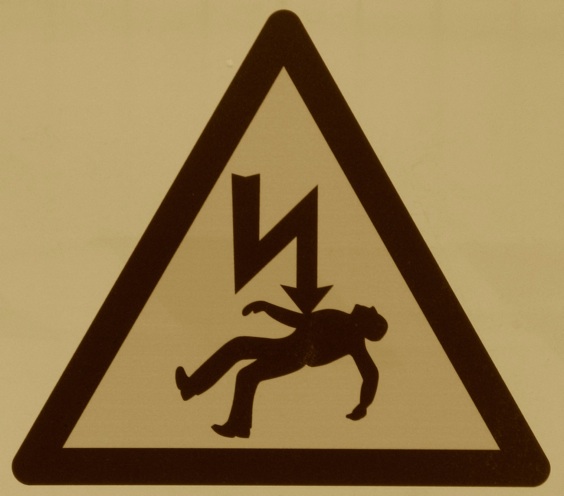MONDAY MELTDOWN
It’s mid-morning, Monday 15 September 2008, at Canary Wharf, the east London wing of the UK’s financial services industry. Outside on the street London’s famous black taxi cab drivers are the only guys making money.
Traders and bank staff inside Lehman Brothers’ 32-storey tower look shell-shocked. Security guards, many Londoners of African origin working on their final Lehman shift, hail cabs for the bank’s stunned traders. A stream of traders, many clad in jeans and t-shirts, cart their possessions in cardboard boxes out of Lehman’s London HQ.
The traders hardly seem to notice the banks of TV news cameras trained on them. Maybe the penny has dropped. The traders now know they won’t ever be coming back.
Bankruptcy
A few weeks earlier Lehman Brothers, founded in 1850 - and now Wall Street’s fourth largest investment bank - had received a ‘solid’ investment rating. But on 9 September Lehman itself announces record losses of $3.2 billion. Lehman’s stock collapses.
Lehman is over-exposed as a major underwriter of subprime mortgage lending and its derivative spawn - investment bank speculation through Collateralised Debt Obligations and Credit Default Swaps. Rising numbers of Americans on average and low incomes are defaulting on their mortgages. A terrible tipping point is reached.
On the evening of Sunday 14 September, despite ‘Armageddon’ warnings from Lehman lawyers, the US government Treasury Secretary Henry ‘Hank’ Paulson, and US Federal Reserve chairman and chief central banker Ben Bernanke, authorise bankruptcy proceedings against Lehman.
Domino impact
Perhaps both men fail to understand the immediate international consequences that will flow from their decision. Under United Kingdom regulatory law, Paulson and Bernanke’s Sunday night decision means Lehman’s London-based European international operation must immediately cease all treading and be placed in administration. Thousands of ongoing trades are immediately iced.
Lehman’s London Canary Wharf operation is wrecked. Up to 5,000 people wake up on Monday morning to find out they’ve lost their jobs overnight. Even suppliers of fresh fish to Lehman’s lay off staff. “There is a run on cardboard boxes,” says one Lehman insider.
Lehman’s collapse also crashes onto the commercial paper money market used by many companies to pay basic operating costs. Wages cannot be paid. Businesses grind to a halt. Peoples’ lives are disrupted.
Horrified London-based hedge fund traders discover they have simply lost millions in assets being traded through Lehman’s Canary Wharf European HQ.


LONDON CRISIS THE CITY RISK BURN STREETS REGENERATION EAST LONDON
ELEPHANT AND CASTLE TOTTENHAM BLOG Contact LI
Words & Photo © London Intelligence All Rights Reserved 2012
Buyout warning
UK politicians and regulators had said little and done nothing about excessive US investment bank financial speculation since 2000 – despite the major role played by these banks in London. But on ‘Meltdown Monday’ the UK Treasury warns the London-based Barclays Group against buying profitable remnants of Lehman’s business - unless Paulson and Bernanke stump up US government financial guarantees. Paulson says ‘no’.
Bank of America seems ready to buy Lehman but instead, dramatically, it buys Merrill Lynch, another troubled Wall Street investment bank with a large London operation. Perhaps, Paulson and Bernanke don’t want the Federal Reserve to became known as the ‘bailout bank’ for failing banks and companies. Maybe though, they sense American taxpayers’ money will soon be needed to bail out other banks that, unlike Lehman, are simply ‘too big to fail’.
True enough, as night follows day, attention – and increasing ‘Meltdown Monday’ panic – is already fast switching to American International Group (AIG), the world’s largest insurer that also operates a vital London base.
© Paul Coleman LONDON INTELLIGENCE 2012